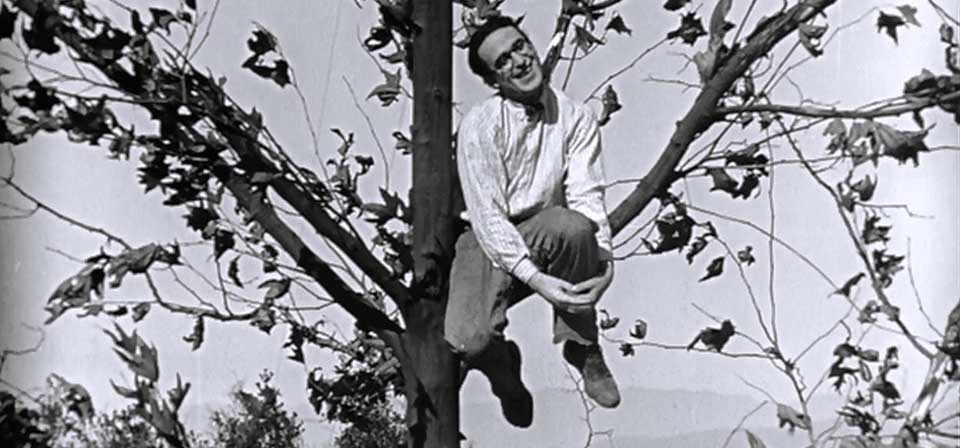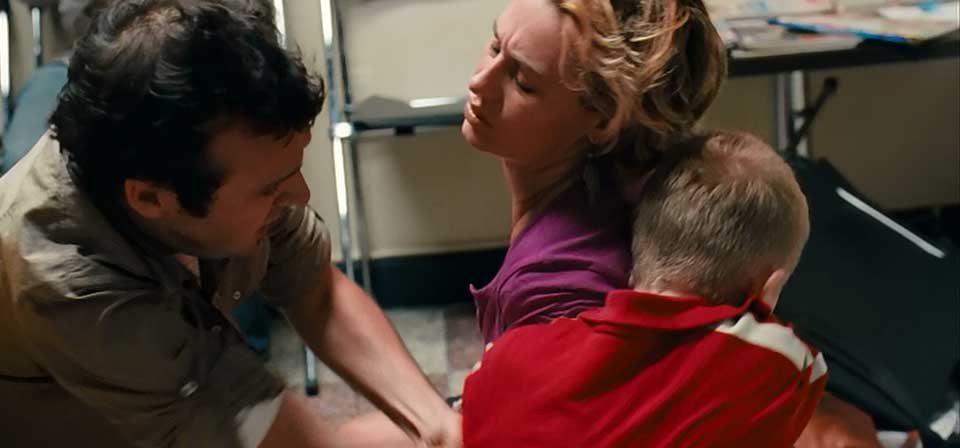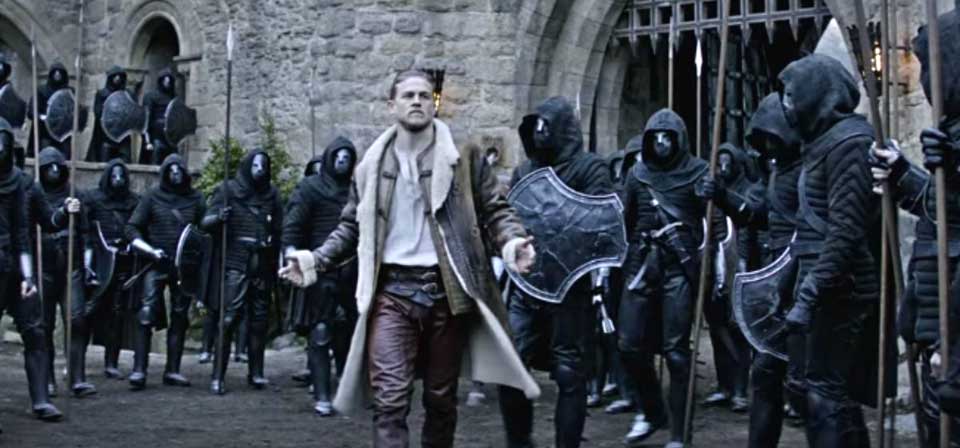Search Results
31 records found
K-19: The Widowmaker (2002)
Unfortunately, these novel elements are tied to a human conflict between two antagonistic captains (Harrison Ford and Liam Neeson) that is not only hackneyed and uninvolving, but morally simplistic and finally flat-out insulting. It’s hard to be unmoved by what the men of the K-19 go through, but it’s equally hard to overlook the glaring flaws in the human drama — especially when the latter is directly related to the former. As an exercise in logistics and adversity, K-19 is compelling, but as a story about human decisions and moral issues, it’s full of holes and clichés.
K-PAX (2001)
Prot pulls off these party tricks quite convincingly. Yet get him started on his theories about mankind, family, society, and the like, and the spell is broken: He’s clearly delusional. Not that I’m saying anything about the truth or falsehood of his claims. Prot may very well be an alien. That doesn’t mean he isn’t delusional.
Kangaroo Jack (2003)
Now at last, from the creators of Coyote Ugly, comes the culmination of this trend: the action-comedy with black star, white star, love interest, talking kangaroo, flatulent camels, and poop jokes. Yes, it’s Kangaroo Jack — the world’s first family romantic action-comedy cross-racial buddy gross-out flick.
The Karate Kid (1984)
Ralph Macchio stars in what is still his signature role as Daniel LaRusso, a sensitive lad reared in the nurturing enclaves of Newark, New Jersey who finds the harsh realities of life in southern California a bit overwhelming after he move across country with his single mother (Randee Heller), who’s just taken a new job.
The Karate Kid (2010)
This Karate Kid may not be competing at the same level as the original, but it respects the tradition, and if it doesn’t really have anything new to say, it still says it in a reasonably engaging way.
Kate and Leopold (2001)
Whenever Kate and Leopold is about Kate and Leopold (Meg Ryan and Hugh Jackman, respectively), it just about works.
Katyn: Poland’s Dark Night
Exactly 70 years ago today, on March 5, 1940, Josef Stalin and the entire Soviet Politburo signed an order to massacre tens of thousands of Polish prisoners of war: officers, mostly reservists; doctors, academics, civil servants, clergymen of all faiths—the cream of the Polish intelligentsia.
Key Largo (1948)
Like the similarly sweaty, claustrophobic 12 Angry Men nine years later, John Huston’s Key Largo is a rare adaptation of a stage play in which the physical constraints of the stagebound source material are a strength rather than a weakness.
The Keys of the Kingdom (1944)
Gregory Peck’s star-making turn as Father Francis Chisom in John M. Stahl’s The Keys of the Kingdom earned him a Best Actor nod and established his screen persona as a ruggedly decent, dignified underdog.

The Kid Brother (1927)
As a first introduction to silent film, I would pick The Kid Brother over the best of Chaplin (Modern Times, City Lights) or Keaton (The General, Steamboat Bill, Jr.) every time.

The Kid With a Bike (2011)
Here is a film that will break your heart, fill it with hope and challenge you to say Yes to God and to your neighbor, all at once.
The Kid with a Bike [video]
The Kid with a Bike in 60 seconds: My “Reel Faith” video review.
Kiki’s Delivery Service (1989)
A loosely structured coming-of-age story, Kiki’s Delivery Service features one of Miyazaki’s most personable protagonists, a delightful cast of supporting characters, and a rambling, episodic storyline full of charming incident and irresistible imagery.
Kind Hearts and Coronets (1949)
In Kind Hearts and Coronets, the driest, darkest, and arguably the best of Ealing Studio’s acclaimed British crime comedies, murder itself is a trivial offense compared to punctilious observance of the highest standards of Edwardian social rectitude, at least for the aristocratic protagonist, Louis Mazzini (Dennis Price), or Lord d’Ascoyne as he is styled after ensuring the deaths of each of the eight relations who once stood between himself and the peerage.
King Arthur (2004)
Even in the silent era, with Douglas Fairbanks playing every legendary hero from Zorro to Robin Hood to D’Artagnan, seeking adventure everywhere from the Spanish Main (The Black Pirate) to Arabian Nights territory (The Thief of Bagdad) to South America (The Gaucho), King Arthur was overlooked.

King Arthur: Legend of the Sword (2017)
However Arthur himself is depicted, the Arthurian hero (be it Gawain, Bedivere, Perceval, Lancelot, Galahad or Arthur himself) is a man who stands for an ideal or a cause … If you can’t manage this much, you aren’t reinventing the myth — you’re simply committing an act of cultural vandalism.
King Kong (2005)
Peter Jackson’s King Kong is one of those mad movies, like Baz Luhrmann’s Moulin Rouge! or Tim Burton’s Charlie and the Chocolate Factory, that fully justifies and deserves all the best and worst that can be said for or against them.
The King of Kings (1927)
Cecil B. DeMille’s biblical silent masterpiece The King of Kings, until now available in home video only in DeMille’s shortened 112-minute 1928 cut, is now available in a new restored DVD edition from Criterion that includes both the original 155-minute 1927 “roadshow” version and the shorter general release version.

King Richard (2021)
As rousing sports films and inspirational biopics go, while King Richard is far from a pitiless, warts-and-all inquiry, it has a particular kind of truthfulness, analogous to the truthfulness of a family scrapbook or stories recounted at family reunions.
King Solomon’s Mines (1937)
Lewis would have been left equally cold to subsequent screen versions of Haggard’s story, all of which give Haggard hero Allan Quatermain a female foil (who is always, except here, a love interest), and none of which capture the deathly spell of the mountain tomb (though the classic 1950 version is the least objectionable on this point).
Recent
- Crisis of meaning, part 3: What lies beyond the Spider-Verse?
- Crisis of meaning, part 2: The lie at the end of the MCU multiverse
- Crisis of Meaning on Infinite Earths, part 1: The multiverse and superhero movies
- Two things I wish George Miller had done differently in Furiosa: A Mad Max Saga
- Furiosa tells the story of a world (almost) without hope
Home Video
Copyright © 2000– Steven D. Greydanus. All rights reserved.